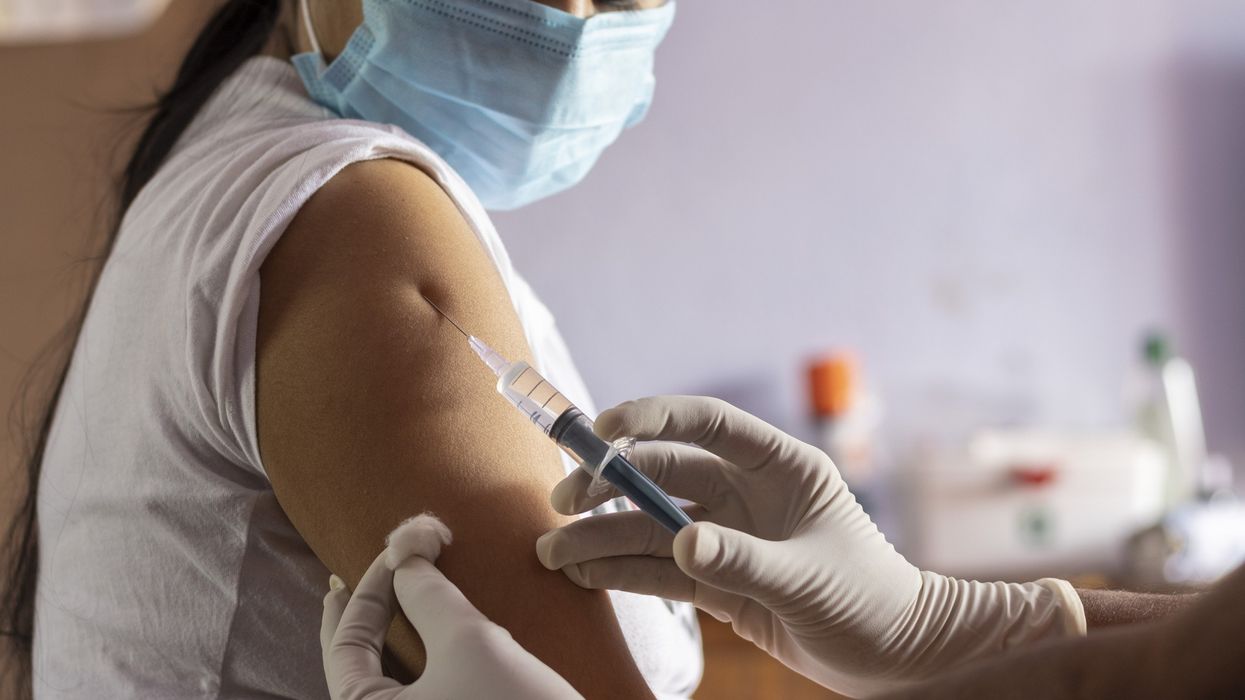NHS to roll out RSV vaccination programme in England in September following the guidance from JCVI
In a collaborative effort, the National Health Services England (NHSE) is set to deliver the RSV(respiratory syncytial virus) vaccination programme where pharmacists alongside other healthcare professionals will play a crucial role in administering the vaccine.
The UK Health Security Agency has announced the launch of the new vaccination programme targeting the respiratory syncytial virus (RSV), set to begin on 1 September 2024.
Along with GPs, NHS England (NHSE) will "commission a number of community pharmacies to deliver the programme", ensuring broad accessibility and coverage to protect two high-risk groups: older adults and pregnant women.
RSV is an RNA virus related to mumps, measles, and human parainfluenza viruses.
It commonly causes coughs and colds in winter, transmitted through droplets and secretions from close contact with infected individuals.
While most RSV infections are mild, infants under six months and the elderly are particularly susceptible to severe diseases like bronchiolitis and pneumonia, which can lead to hospitalisation.
Individuals turning 75 on or after the start date will receive a single dose of the RSV vaccine.
Moreover, a one-time campaign will vaccinate those aged 75 to 79 already within this age range as of 1 September 2024, with efforts focused on vaccinating as many as possible by the end of October 2024.
Following guidance from the Joint Committee on Vaccination and Immunisation (JCVI), the programme has been funded by the Department of Health and Social Care.
The vaccine, Abrysvo, will be made available through the ImmForm website.
Healthcare professionals will receive detailed information and guidance, including training materials and patient information resources, to support the programme's implementation.
This initiative underscores the commitment of the UKHSA to safeguard public health by preventing the spread and impact of RSV among the most vulnerable populations.
What is respiratory syncytial virus?
Respiratory syncytial virus (RSV) is a common respiratory virus that can affect people of all ages, but it is particularly severe in infants, older adults, and individuals with weakened immune systems.
RSV primarily infects the lungs and respiratory tract, causing symptoms similar to a cold or flu, such as coughing, sneezing, fever, and congestion.
In severe cases, especially in young children and older adults, RSV can lead to more serious complications like pneumonia or bronchiolitis, which can be life-threatening.












